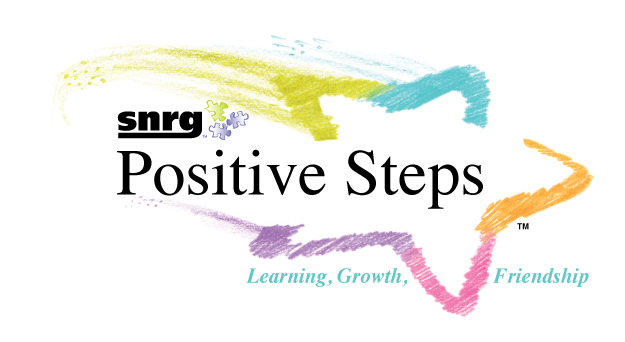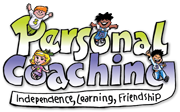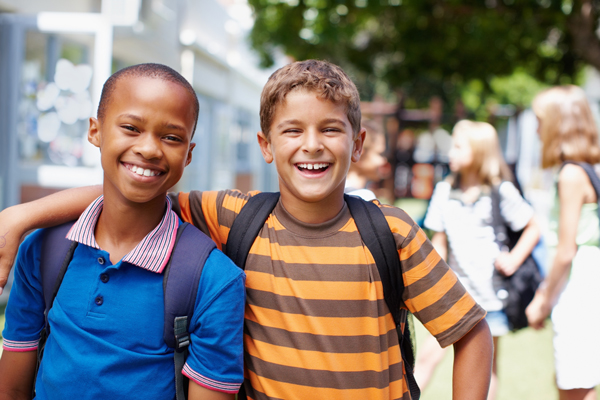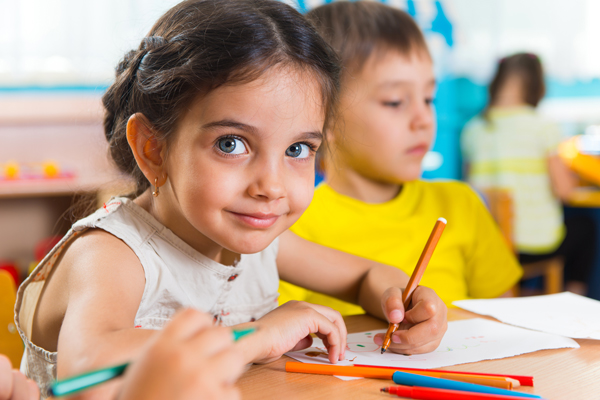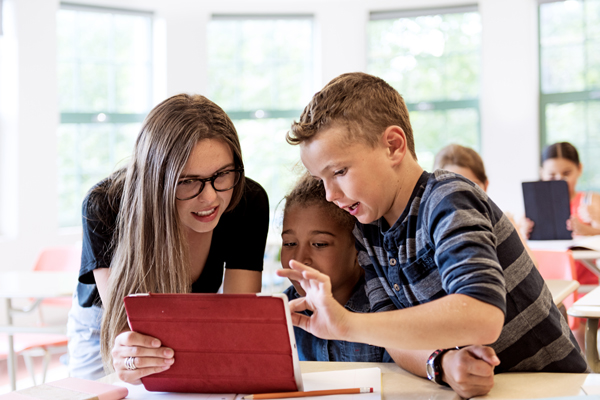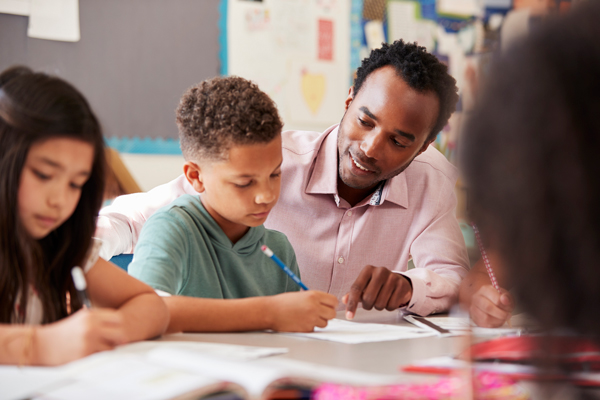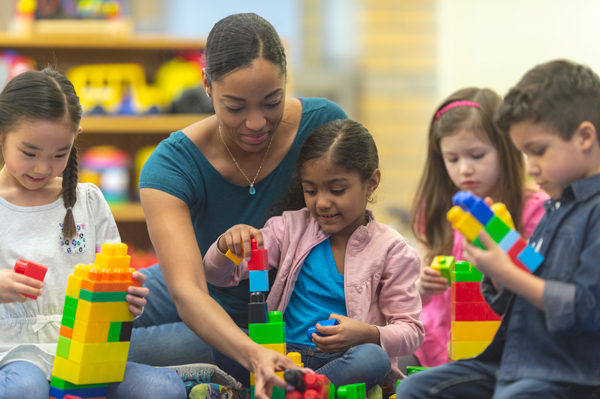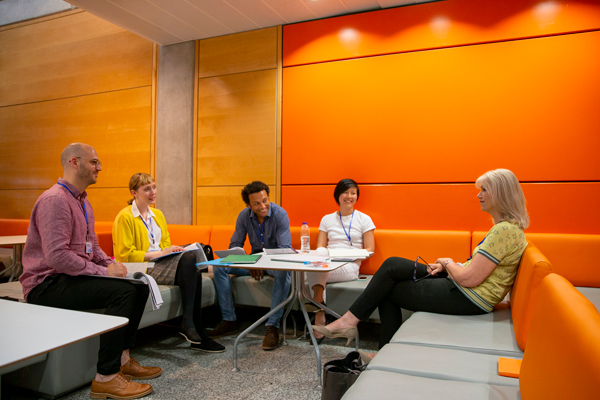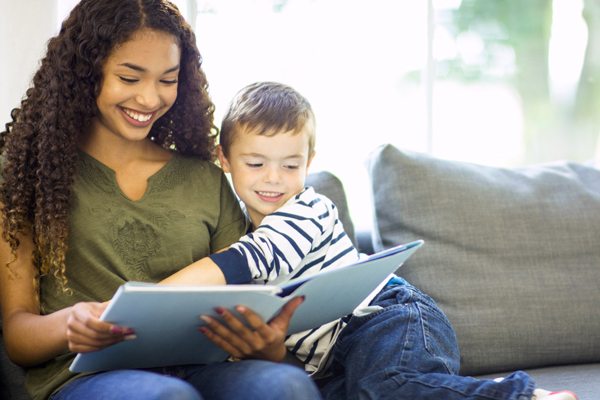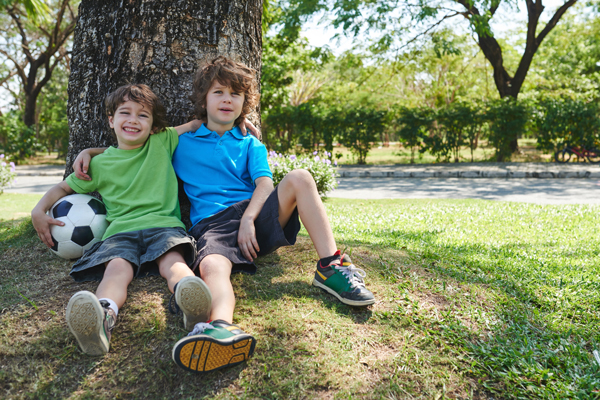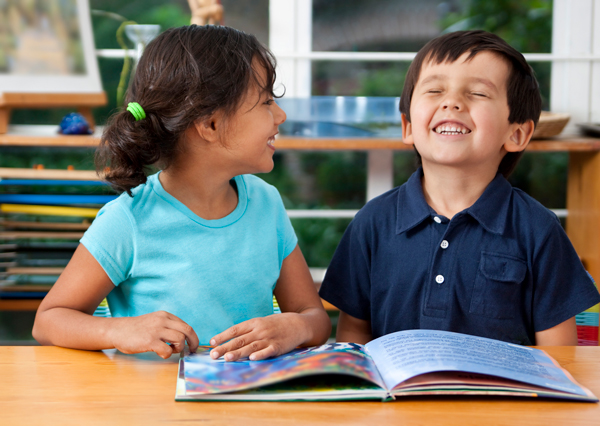School Age Children
School
Your child spends 1000 hours per year in school. This time should be rewarding – full of learning and friendship.
The academic and social pressure at school can be too much for some children. This can lead to underachievement, low self-esteem, disconnection from friends, negative behavior, inattention, high anxiety, or even school refusal.
Children can be fully supported at school!
Steps to School Success
1.Classroom Assessment
An educational specialist assesses your child’s classroom experience and pinpoints the areas of strength and challenge.
2.Action Plan Designed
An action plan is created to support a student’s achievement in school. The action plan may include interventions, referrals for further specific assessment, or teacher training.
3.Educational Treatment Plan is Implemented
The action plan moves forward with parents, teachers, and specialists working together to help a child be the best he or she can be.
Make change happen! Contact us for a complimentary consultation.
School-Based Behavior Intervention Program
Children who attend independent school may need a brief school-based behavior intervention program.
SNRG’s School-Based Behavior Intervention Program promotes success both in and outside of the classroom. Our specially trained behaviorists work 1-on-1 with a child, providing behavior intervention at school. With an SNRG behaviorist behind them, students participating in the Behavior Intervention Program are able to achieve in a general education classroom with no additional modification. Teacher training and collaboration ensures ongoing success for students over time.
Make change happen! Contact us for a complimentary consultation.
Educational Advocacy for an Individual Education Plan (IEP)
When children attend a public school, there are opportunities to receive educational support through the school district.
Public schools create an Individual Education Plan (IEP) for children with learning challenges. SNRG will help you navigate school district protocol, paperwork, evaluations, and meetings so your child receives the best services through your local public school.
Home Sweet Home!
Some children have challenging behavior both at school and at home – or only at home. Negative behavior is one of many forms of communication. Children can be trained to replace negative behavior with positive, functional communication to get their needs and wants met, and to reach their personal goals.
Parents can be trained to help their children stay calm, employ coping strategies, and solve problems that arise with improved communication skills.
The best news of all is that often In-home Behavior Intervention improves a child’s skills at school or other settings like birthday parties, the park, or sports.
In-Home Behavior Intervention
SNRG’s In-Home Behavior Intervention program helps children communicate, regulate emotions, and engage in positive relationships at home and within settings revolving around family life. Sessions are conducted primarily in the home with the family present, but may also take place in childcare settings, the park, or other locations where a child would benefit from therapeutic support and intervention. SNRG behaviorists are highly trained to set realistic goals tailored to the child’s specific needs, which are assessed by our Board-Certified Behavior Analyst (BCBA). We work through a child’s unique strengths and proven Applied Behavior Analysis (ABA) techniques to support optimal learning levels to help children be the best they can be.
SNRG’s Behavior Intervention Team includes the entire family when conducting in-home sessions. Parents, siblings, and caregivers fully participate in therapeutic sessions to ensure that techniques used by the therapist are modeled for family members and individuals who help the child with everyday challenges. We believe a child’s success is guided by a team effort!
Parent Training and Support are also offered at the SNRG office, so parents can understand how and why the behavior intervention strategies work to shift their child’s behavior to a positive path.
Make change happen! Contact us for a Complimentary Consultation
Social Skills Training
friend
/ frend / noun
1. A person who you know well and who you like a lot,
but who is usually not a member of your family
Cambridge English Dictionary
Some children need extra support to make and keep good friends at school or in the neighborhood where they live.
SNRG implements a Group Behavior Intervention model, which helps children develop, maintain, and apply social skills in all settings they encounter. Social communication and Applied Behavior Analysis (ABA) are seamlessly paired to teach children strategies for initiating and maintaining lasting friendships.
